Posted on August 29th, 2018
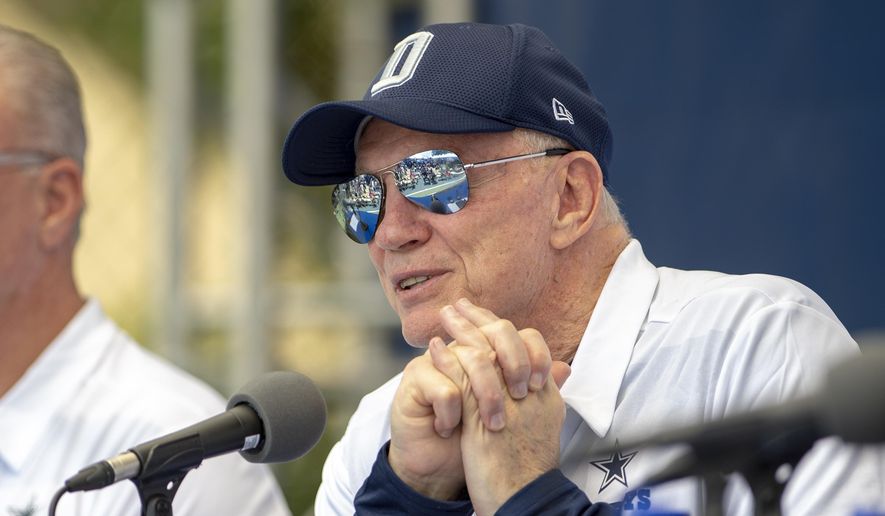
By DERON SNYDER (as published in The Washington Times)
Maybe it’s time for Dallas to put Jerry Jones in the concussion protocol.
The Cowboys owner could be suffering from a hidden head injury, based on his recent comments regarding player safety and an expanded NFL season. Then again, maybe he’s just woozy from all the money he’s made since buying the club, and the thought of taller piles make him dizzier.
We’re not shocked that Jones favors an extended regular season. He has advocated an 18-game schedule for years. But his new lines of reasoning for turning two exhibitions into regular games raise questions about his lucidity.
“I think, candidly, it’s probably physically better for players than it is to have the longer preseason, the longer practicing,” Jones said Tuesday during an appearance on 105.3 The Fan in Dallas. “Our studies show that we actually have a ramped-up injury situation with players during preseason as opposed to the injury factor in the regular season.”
Jones said it’s “debatable” whether an 18-game season would actually create a safer game for the players.
By that logic, he can debate whether walking through more dark alleys is safer than fewer.
Read more…
Posted on August 28th, 2018
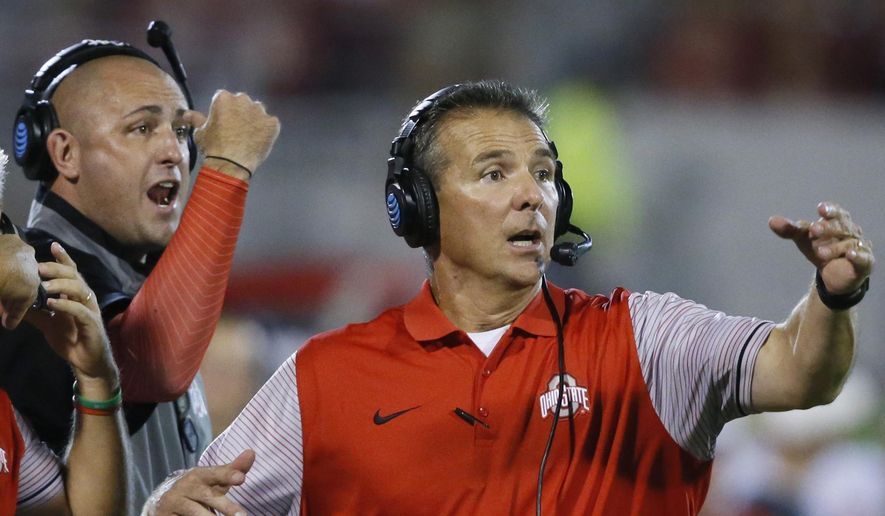
By DERON SNYDER (as published in The Washington Times)
The tweet from Paul Hembekides of ESPN Research says everything you need to know about the NCAA’s relationship with truth, justice and the American way:
“Terrelle Pryor: suspended 5 games for selling gear in exchange for tattoos.
“Todd Gurley: suspended 4 games for accepting $3,000 to autograph memorabilia.
“9 UNC football players: suspended 4 games for selling sneakers in exchange for up to $2,500.
“Urban Meyer: suspended 3 games.”
There you have it: College athletes who make a little cash on the side, are treated harsher than college coaches who ignore domestic abuse allegations.
Read more…
Posted on August 23rd, 2018

By DERON SNYDER (as published in The Washington Times)
My friend John loves baseball. He knows baseball. He played in college and his brother works in baseball.
A lifelong Yankees fan living in metropolitan Washington, John has been amused by the Nationals’ struggles since they earned their first playoff berth in 2012. He also suffers from an obnoxious case of I-told-you-so.
“You still think the Nats GM is good or is it the Lerners? LOL,” he texted on the eve of last month’s trade deadline, after Washington – this sounds familiar – lost two consecutive games to the lowly Miami Marlins.
“They are accursed,” he continued. “The curse of Strasburg.”
“Haha,” I texted back, preferring to avoid another knockdown battle over Washington’s version of “The Decision.”
But more and more, I wonder if John is onto something.
Read more…
Posted on August 21st, 2018
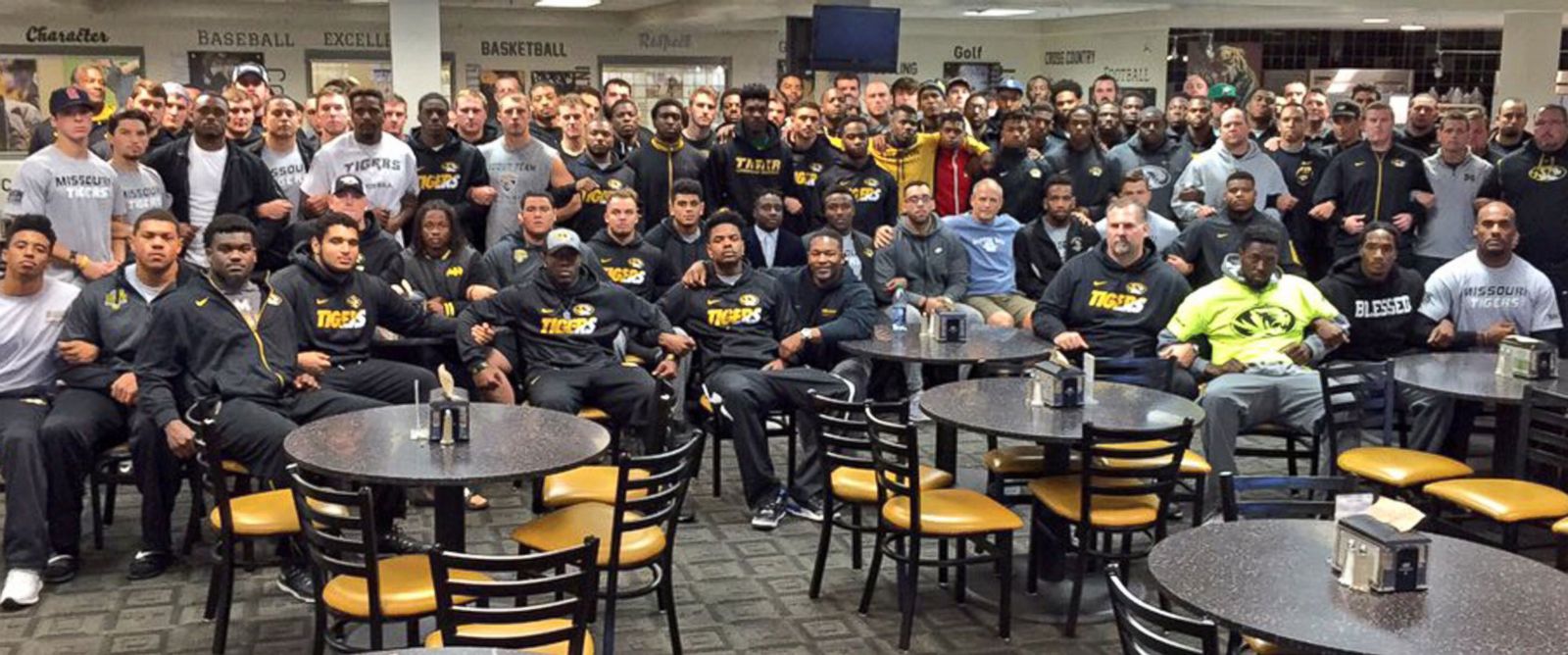
By DERON SNYDER (as published in The Washington Times)
We’re getting closer to that day.
It will be accompanied by a chorus of howls. Fans will decry the development and declare the situation is out-of-order. Coaches around the country will survey the conditions and ponder their own fate. Administrators in high places will fret about financial repercussions and contemplate contingency plans.
What about you? How will you react when an amateur team – perhaps your favorite or alma mater – decides to sit out rather than suit up? What will you think about the players who choose to take a stand rather than take the field?
Before long, imagining won’t be necessary.
We’ve already seen it a notch below college football’s highest level and it’s just a matter of time before it rises.
Read more…
Posted on August 15th, 2018
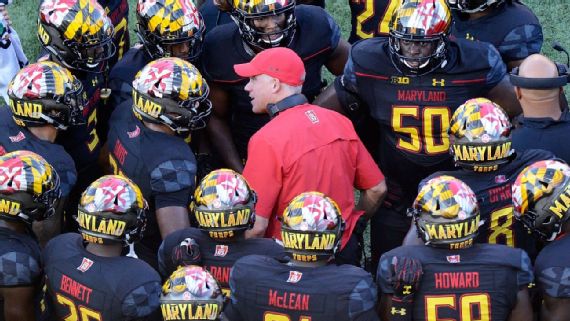
By DERON SNYDER (as published in The Washington Times)
The dictionary has a new picture next to the word “inexcusable.”
There’s a turtle on its hind legs and clutching a red ‘M’ to its chest, while standing under a University of Maryland banner.
As a matter of fact, the identical image appears in three other places, alongside the definition of indefensible, reprehensible and unjustifiable.
Mistakes happen. But the circumstances of 19-year-old Jordan McNair’s death can’t be dismissed with a simple “my bad.” Maryland’s football staff betrayed the former offensive lineman so blatantly, it seems almost willful.
No, I don’t believe the team officials present at McNair’s fateful May 29 workout wanted him to die. I suspect that coach DJ Durkin, former strength and conditioning coach Rick Court, head athletic trainer Wes Robinson and other staffers on hand would claim they loved McNair like a son, because a football team is family.
But their inaction before, during and after McNair’s final team activity tells a different story.
It says they, literally, couldn’t care less.
Read more…
Posted on August 13th, 2018
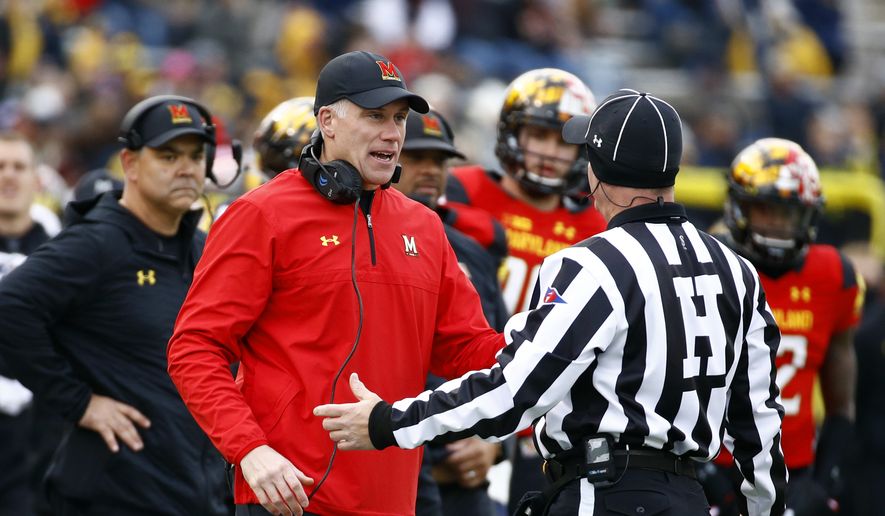
By DERON SNYDER (as published in The Washington Times)
Maybe coach DJ Durkin’s supporters are correct about the anonymous sources behind ESPN’s shocking report on Maryland’s football program.
Maybe the current and former players who claim a toxic culture exists are disgruntled. Maybe they’re underachievers who rebelled against pushing themselves. Maybe their description of life under Durkin and strength and conditioning coach Rick Court are blown way out of proportion.
Maybe the former staffer who said “you wouldn’t want anybody talking to your son that way” was overly sensitive. Maybe a second former staffer who said he’d “never, ever, ever” allow his son to play for Durkin was upset that things didn’t work out professionally in College Park.
Each of the above suppositions could be absolutely true. But that wouldn’t make the following automatically false:
Durkin needs to go.
Read more…
Posted on August 8th, 2018
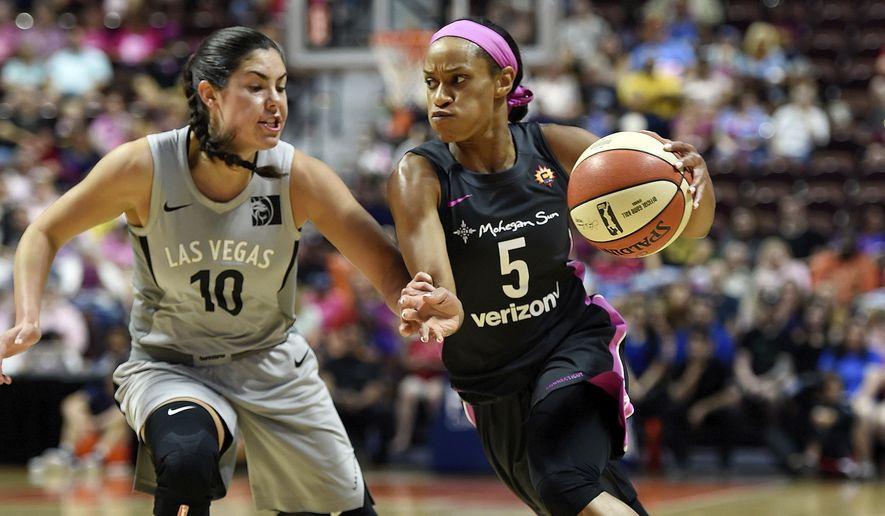
By DERON SNYDER (as published in The Washington Times)
To play or not to play. That was the question.
Was it nobler for the Las Vegas Aces to suffer the effects of 25-plus hours of travel before facing the Washington Mystics Friday night? Or was the road-weary WNBA team right to oppose the uncompromising, show-up-and-play notion?
The answer depends on whom you ask.
Each of us can say what we’d do in a given situation. But the Aces were on the clock, weighing real-life circumstances, not a hypothetical situation. They neither played nor showed up at Capital One Arena, and on Tuesday were slapped with the WNBA’s first-ever forfeiture.
Read more…
Posted on August 6th, 2018
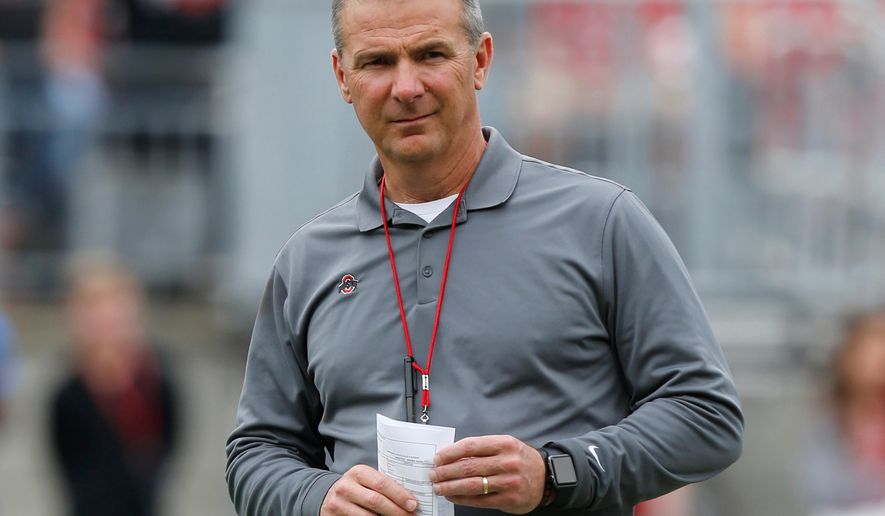
By DERON SNYDER (as published in The Washington Times)
There’s no room for old habits in a new day.
The impulse to dismiss allegations of domestic abuse and sexual assault long has been standard operating procedure for those in power. Victims, fully aware that that forces were aligned against them, often wouldn’t bother to speak up. The brave souls who stepped forward could be summarily dismissed, victimizing them a second time.
College campuses have been prime breeding grounds for such indifference, deflection and rationalization. That’s how rape culture developed at places like Baylor while Michigan State harbored a monster like Larry Nassar. That’s how fanboy police officers and sympathetic prosecutors lean toward athletes, coaches and universities, instead of shaken young women who bring complaints.
Granted, these issues aren’t restricted to institutions of higher education. Violence against women is a deep-rooted societal concern that until recently wasn’t considered a full-fledged problem, because it barely affected men.
But, now, men are paying attention; their careers and seven-figure contracts are at risk.
Read more…
Posted on August 2nd, 2018

By DERON SNYDER (as published in The Washington Times)
We can evolve over the course of our lives.
The Apostle Paul became a bedrock of the Christian faith after zealously persecuting Christians when he was known as Saul of Tarsus. Rosa Parks was a law-abiding seamstress who sat where she was told before demonstrating defiance that helped spark the Civil Rights Movement. Jeffrey Wigand willing accepted a tobacco company’s paychecks until his conscience led him to be a famous whistleblower.
George Bernard Shaw wrote that “progress is impossible without change, and those who cannot change their minds cannot change anything.” Our society was built on a series of faulty belief systems regarding race, gender and sexual orientation, and we haven’t fully dismantled them yet.
So old tweets shouldn’t be the concern. The Twitterverse contains an abundance of current content that’s still racist, still misogynistic and still homophobic.
Nationals shortstop Trea Turner – like Braves pitcher Sean Newcomb, Brewers pitcher Josh Hader, Bills quarterback Josh Allen and Bucks rookie Donte DiVencenzo before him – said his wrongheaded social media posts from the past don’t reflect him in the present.
“I don’t think I’ve ever had those views that people are saying about me,” Turner told reporters Tuesday.
For argument’s sake, let’s say the 25-year-old Turner actually held hateful views about women, homosexuals and people of color. Let’s say Hader was a genuine KKK sympathizer and DiVencenzo was an honest-to-goodness homophobe. Let’s say these athletes were one hundred percent authentic every time they sounded like hatemongers.
If that’s the case and their beliefs truly have evolved, we should be thankful.
But they need to pitch in and help transform group members left behind. Especially those who are suffering misshaped views in their formative years.
Hader attended high school in nearby Anne Arundel County, where the NAACP says black students at another school suffered daily abuse and humiliation this year. Jezebel.com noted that some of the vilest and virulent racist tweets following President Obama’s reelection came from teenagers.
Their accounts often featured imagery of their high schools’ sports teams.
Youthful ignorance and indiscretion account only for a portion. Some become grown-up bigots, evidenced by the surge in hate groups since November 2016. For every Turner, Hader and Allen who say they support racial equality and social justice, a number avowed supremacists spew invective, epithets and violent imagery.
For teenagers who think it’s a joke, perhaps athletes like Turner can convince them otherwise. Hateful words can cause hurt and pain, literally when they spur action.
“I think going forward I can do a lot more things,” Turner said. “I just need to assess what’s important to me, what can make the biggest difference.”
Speaking up is a great place to start.
Athletes shouldn’t stop at campaigns against domestic violence and bullying. They can support more than military veterans, animal rights and cancer research. Some of society’s most-pressing issues surface almost daily via Twitter or cellphone videos.
Flare-ups should be snuffed as quickly as they appear.
Cubs pitcher Jon Lester tweeted Monday that athletes should “scrub your account of anything you wouldn’t want plastered next to your face on the front of a newspaper. Better yet, don’t say stupid things in the first place. Too many young guys getting burned.”
Nationals reliever Sean Doolittle said social media can be great for athletes, helping them share their personalities and connect with community. He said the content of posts is more important than the dates it was posted. But aged content that doesn’t mesh with your current thought process should be deleted.
“There’s a lot of opportunity for personal growth in baseball,” Doolittle tweeted. “It’s entirely possible that those old posts no longer reflect that person’s views. But actions will speak louder than words.”
Silence speaks loudly, too.
Athletes like Turner and Hader shouldn’t wait until ancient social media posts are unearthed before declaring which side they’re on. Instead of being defined by old tweets, join the fight against real-time affronts all around us.
That means keeping the vileness off your steam, but also objecting when it comes into view through the news cycle or other people’s posts. That’s how athletes should use their platform, even though some fans prefer shut mouths (on certain issues). Doolittle wants to be heard on the matter.
“It’s a privilege to play in the major league and we have an obligation to leave the game better than we found it,” he tweeted. “There’s no place for racism, insensitive language or even causal homophobia.”
If you used to be that way but changed, say something when you see something.
Help enlighten someone else who’s still in the dark.
— Brooklyn-born and Howard-educated, Deron Snyder writes his award-winning column for The Washington Times on Tuesdays and Thursdays. Follow him on Twitter @DeronSnyder.

 Follow
Follow








